介绍
Noncareer diplomatic passports are a unique category of passports that are issued to individuals who are not career diplomats but are engaged in diplomatic activities on behalf of their country. These passports provide certain privileges and immunities to the holders, allowing them to carry out their diplomatic duties effectively. In this article, we will explore the concept of noncareer diplomatic passports, their significance, and how they differ from regular passports.
What are Noncareer Diplomatic Passports?
Noncareer diplomatic passports, also known as special passports or official passports, are travel documents issued to individuals who are not part of the regular diplomatic corps but are engaged in diplomatic activities on behalf of their country. These individuals may include government officials, members of international organizations, and representatives of non-governmental organizations (NGOs) involved in diplomatic missions.
Noncareer diplomatic passports are typically issued by the Ministry of Foreign Affairs or a similar government department responsible for diplomatic affairs. The issuance of these passports is subject to strict regulations and criteria, ensuring that only individuals with a legitimate need for diplomatic privileges and immunities are granted this special status.
Criteria for Issuance
The criteria for issuing noncareer diplomatic passports vary from country to country, but there are some common requirements that applicants must meet. These may include:
- Being a citizen of the issuing country
- Being engaged in diplomatic activities on behalf of the country
- Having a letter of appointment or authorization from the government or organization
- Passing a security clearance
These criteria ensure that only individuals who are actively involved in diplomatic missions and have a legitimate need for diplomatic privileges are granted noncareer diplomatic passports.
Privileges and Immunities
Noncareer diplomatic passport holders enjoy certain privileges and immunities that are not available to regular passport holders. These privileges and immunities are granted to facilitate the smooth functioning of diplomatic activities and to ensure the safety and security of diplomats.
Visa-free Travel
One of the significant advantages of holding a noncareer diplomatic passport is the ability to travel visa-free or with simplified visa procedures to many countries. Diplomatic passport holders are often exempt from visa requirements or are granted expedited visa processing, allowing them to travel more efficiently and effectively.
For example, a noncareer diplomat representing their country at an international conference may need to travel to multiple countries within a short period. Having a diplomatic passport enables them to bypass the lengthy visa application process and travel freely, saving time and resources.
Immunity from Arrest and Detention
Noncareer diplomatic passport holders are granted immunity from arrest and detention in the host country, except in cases of serious crimes. This immunity ensures that diplomats can carry out their duties without fear of harassment or interference by the local authorities.
However, it is important to note that diplomatic immunity does not grant diplomats the right to commit crimes with impunity. If a diplomat engages in criminal activities, the host country may request the diplomat’s home country to waive their immunity, allowing for legal proceedings to take place.
Access to Diplomatic Channels
Noncareer diplomatic passport holders have access to diplomatic channels and can engage with foreign governments and international organizations more easily. They can represent their country’s interests, negotiate agreements, and participate in diplomatic discussions on various issues.
This access to diplomatic channels allows noncareer diplomats to contribute to their country’s foreign policy objectives and build relationships with other nations. It also enables them to gather information, promote cultural exchanges, and facilitate cooperation in areas of mutual interest.
Noncareer Diplomatic Passports vs. Regular Passports
Noncareer diplomatic passports differ from regular passports in several ways. While both types of passports serve as travel documents, noncareer diplomatic passports provide additional privileges and immunities to the holders.
Travel Restrictions
Regular passport holders are subject to visa requirements and travel restrictions imposed by various countries. They need to apply for visas in advance, which can be a time-consuming and costly process. In contrast, noncareer diplomatic passport holders often enjoy visa-free travel or simplified visa procedures, allowing them to travel more freely.
For example, a regular passport holder may need to apply for a visa to visit a particular country, pay visa fees, and provide supporting documents such as flight itineraries and hotel reservations. In contrast, a noncareer diplomatic passport holder may be exempt from these requirements and can enter the country without a visa or with minimal documentation.
Immunities and Privileges
Regular passport holders do not enjoy the same level of immunities and privileges as noncareer diplomatic passport holders. Noncareer diplomats are granted immunity from arrest and detention, allowing them to carry out their diplomatic duties without interference from the host country’s authorities.
Regular passport holders are subject to the laws and regulations of the host country and do not have the same level of protection as diplomats. They may be arrested, detained, or subjected to legal proceedings if they violate the laws of the host country.
Access to Diplomatic Channels
Regular passport holders do not have the same level of access to diplomatic channels as noncareer diplomats. They cannot represent their country’s interests in official diplomatic negotiations or engage with foreign governments on behalf of their country.
Noncareer diplomats, on the other hand, have the authority to participate in diplomatic discussions, negotiate agreements, and promote their country’s foreign policy objectives. They can access diplomatic channels and build relationships with other nations, contributing to their country’s diplomatic efforts.
In the realm of international relations and diplomacy, role of singapores nonresident ambassadors serves as a pivotal link in extending the country’s global outreach and fostering international cooperation. These ambassadors, often appointed for their expertise and connections, play a crucial role in adding a family member to the global community of nations Singapore interacts with, symbolizing a broader embrace of international collaboration and understanding. When determining eligibility after a job transition, these ambassadors navigate through complex diplomatic terrains, ensuring that Singapore’s interests are represented in the best light. Furthermore, their contributions are instrumental in understanding and navigating the nonimmigrant classes of admission, a fundamental aspect of international law that governs the movement of people across borders. This multifaceted approach not only enhances Singapore’s diplomatic footprint but also underscores the significance of inclusive policies and the strategic engagement of nonresident ambassadors in global affairs.
Case Study: Noncareer Diplomatic Passports in Practice
To illustrate the significance of noncareer diplomatic passports, let’s consider the case of an NGO representative attending an international conference on climate change.
Scenario
John, a representative of an environmental NGO, has been invited to attend an international conference on climate change in a foreign country. As a noncareer diplomat, John holds a noncareer diplomatic passport issued by his home country’s Ministry of Foreign Affairs.
Advantages of Noncareer Diplomatic Passport
- Visa-free Travel: John can travel to the conference country without obtaining a visa in advance, saving time and resources.
- Immunity from Arrest and Detention: John enjoys immunity from arrest and detention, allowing him to freely participate in the conference without fear of harassment by the local authorities.
- Access to Diplomatic Channels: John can engage with foreign government officials and representatives of other NGOs, promoting his organization’s agenda and contributing to the discussions on climate change.
These advantages enable John to effectively represent his organization and contribute to the conference’s objectives without being hindered by travel restrictions or legal barriers.













